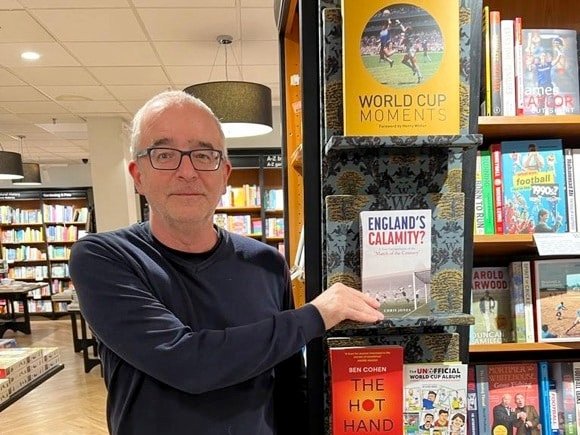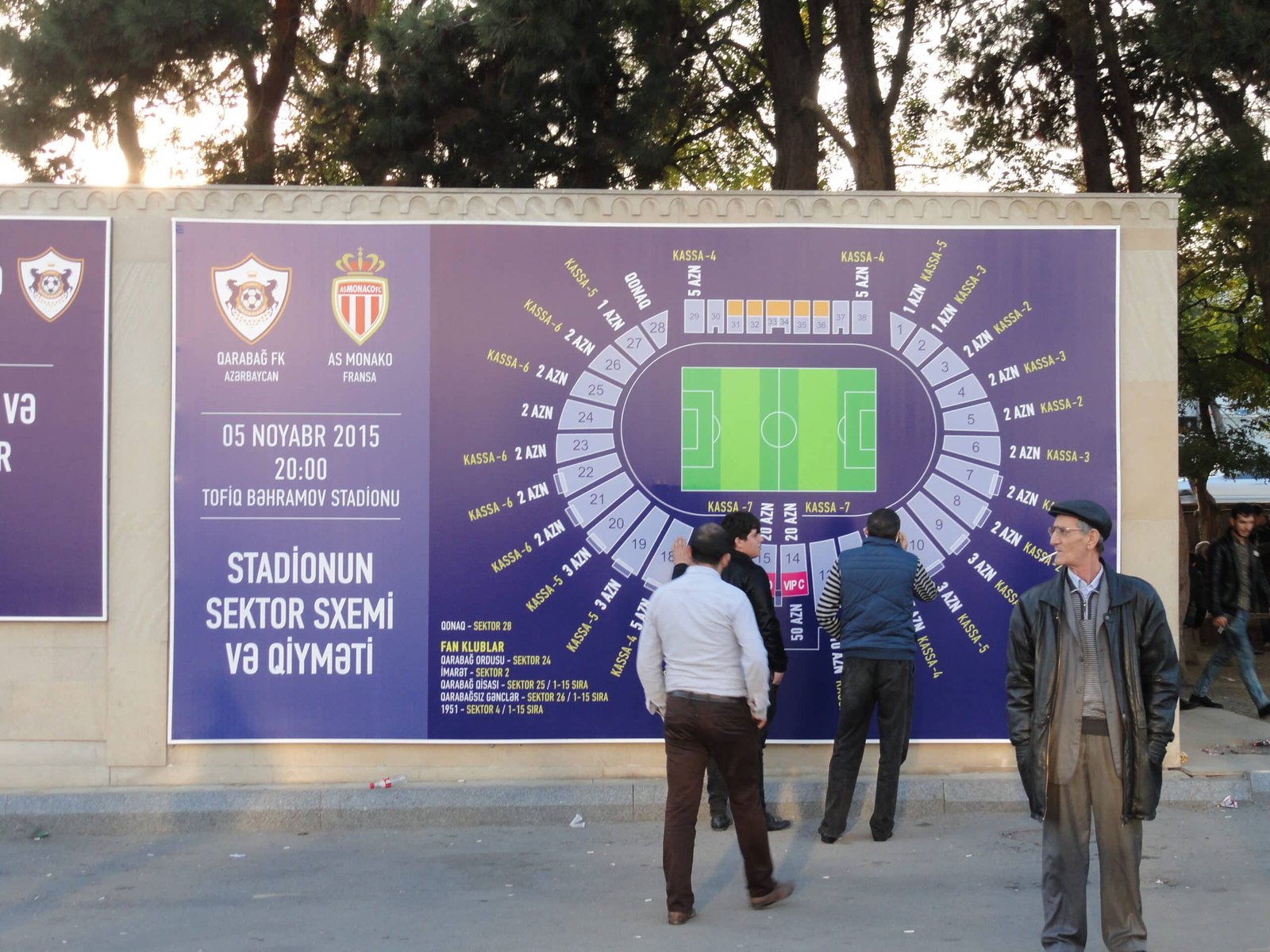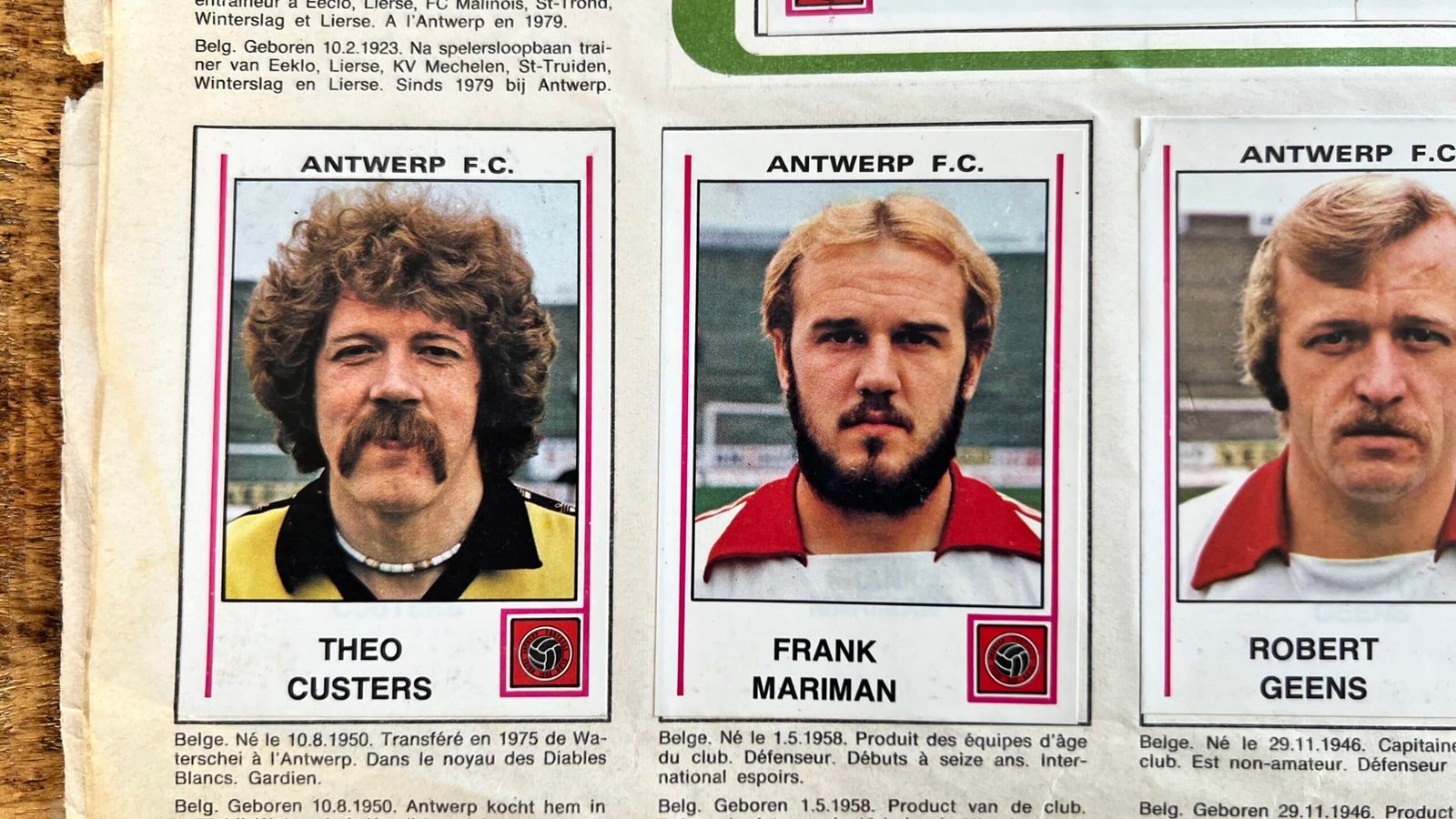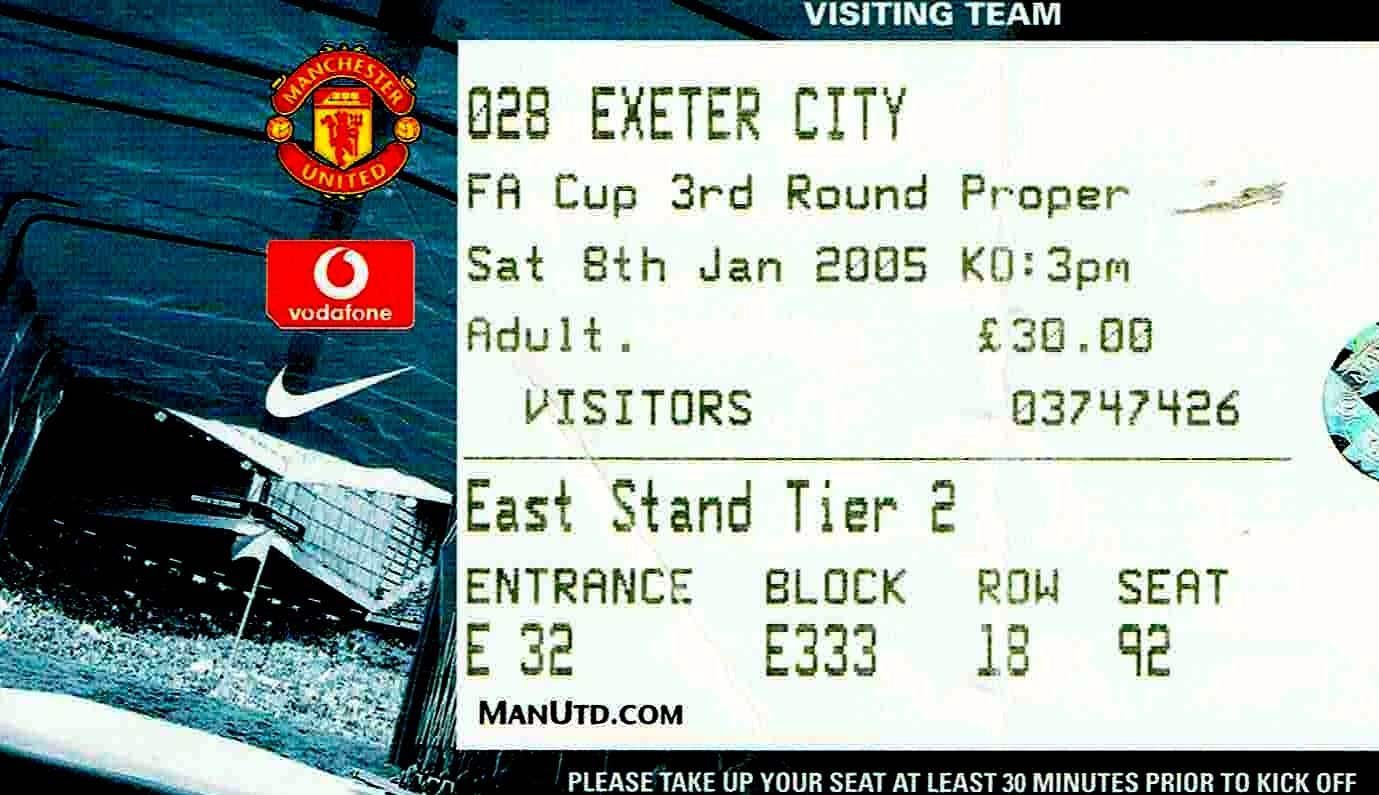Writer Chris Jones tells Libero that the Match of the Century was only one of several key defeats
No match in football history has had so much consequence as Hungary’s defeat of England, 6-3, at Wembley. More than seventy years after Ferenc Puskás and the Magic Magyars gave the former masters a lesson in football in their own backyard,
Films, interviews, books, a huge mural, a stage play and even a bar in Budapest, have all taken their inspiration from this high-scoring fixture one foggy afternoon in November.
Now a new publication by Chris Jones, England’s Calamity?, has an entirely different take on the game as seen from this side of the Channel.
Subtitled A New Interpretation of the Match of the Century, the books posits that 6:3 wasn’t the watershed moment so many have since claimed it to be.
“The common perception,” Chris tells Libero, “is that everything in English football changed quickly after the 6:3 game. This was most definitely not the case!”

A history graduate, Chris has also just completed a second book on another controversial phase of England’s football history, the three years under Don Revie between 1974 and 1977.
For all the discussion generated by 6-3, however, Chris feels that the match hasn’t been analysed on the printed page as much as its status might merit: “There haven’t been too many books in English that deal with this game only. It is covered briefly in many books and, of course, biographies of those who took part.”
“I wanted to bring a different outlook to this game which is the main argument of my book – that it did not inspire a revolution in English football but was an important part of an evolutionary process. As I hope I show it is even difficult to come to any conclusion of what happened on the pitch among the England team due to their contradictory assessments and conclusions.”
“Alf Ramsey, for one, felt that England were very unlucky that day and they lost solely due to the perceived poor performance of goalkeeper Gil Merrick. The International Selection Committee still chose the team for most of next decade rather than the coach Walter Winterbottom, though his influence did increase.”

A right-back that day, for Ramsey this would be the last of his 32 appearances in an England shirt. Ten years later, he was confirmed as national manager and prepared his team for the next big tournament, one to be hosted on home soil.
“The World Cup in 1966 has to be seen as an island of success in an ocean of mediocrity for the England national team over decades. This was always placed in contradiction to the success of English club sides in the European competitions between 1963 to 1985 but English clubs always contained a blend of players from the British Isles.”
Much is made of the defeat being the first at Wembley but this was only the fourth time that the stadium had staged a game between England and a national team from outside the British Isles. Usually Highbury was used, even in the 1930s.

“Generally England didn’t play foreign opposition at Wembley, just Scotland. They played foreign teams at other grounds. Only the month before, England had played a FIFA XI at Wembley and were very fortunate to get a 4-4 draw. They had also been defeated by Republic of Ireland in 1949 in Liverpool.”
“England were very restricted in the foreign opposition they played. They were not part of FIFA for most of inter-war period and did not compete in World Cups in 1930, ’34 and ’38. They didn’t play Argentina, Brazil or Uruguay until the 1950s.”
Even though the 6-3 scoreline resonated around the football world, Chris still questions its unique status in terms of England’s overall development: “In terms of impact, the 6-3 game does not stand alone. Overall the supertanker starting turning after the combination of results in the 1953-54 season, which also included the 7-1 defeat in Budapest in May 1954, the worst in the team’s history, then the 4-2 loss to Uruguay at the 1954 World Cup.”
“This awful season meant that many people in England could not avoid the conclusion that there were other teams who played the game better than we did. As I say, this was an evolution not a revolution.”
England’s Calamity? by Chris Jones issued by Pitch Publishing is now available on Amazon.









